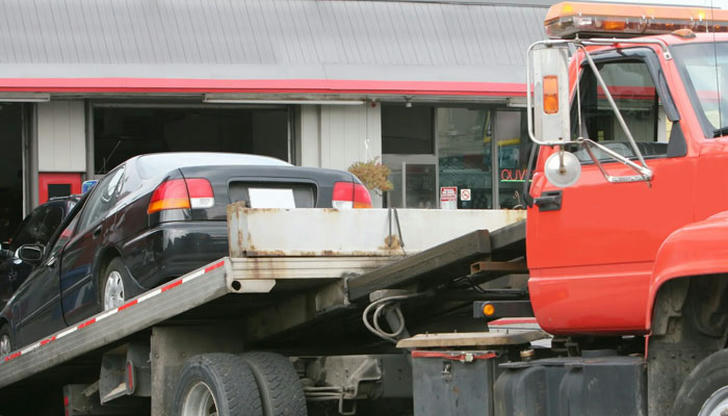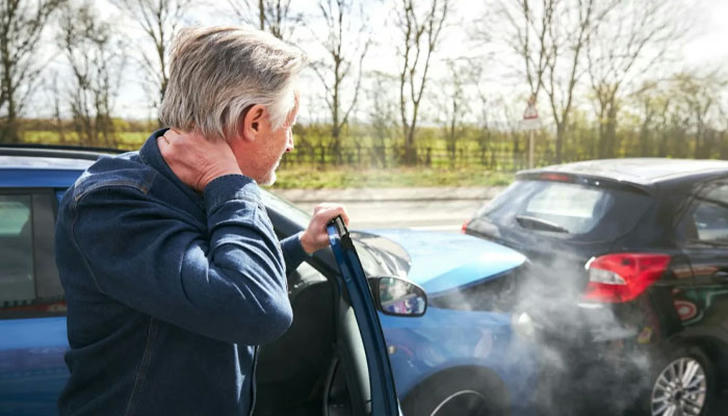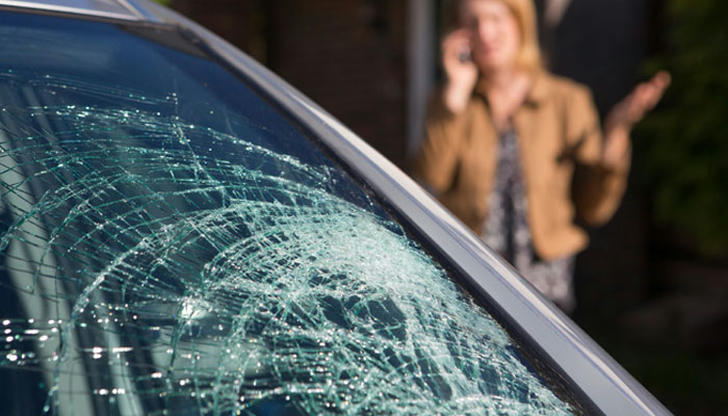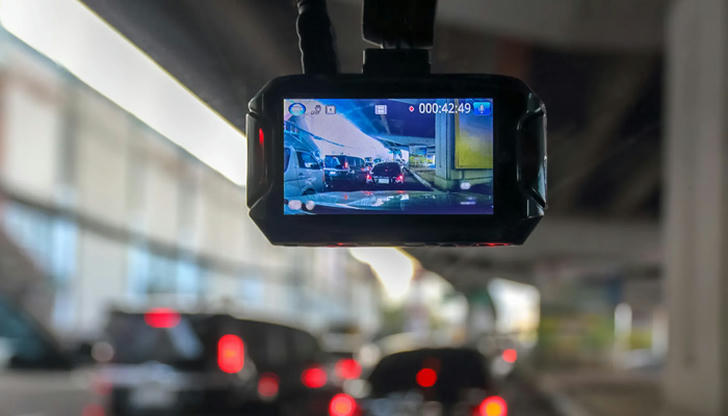The Worst Car Insurance Scams of 2025—and How to Avoid Them

Auto insurance fraud continues to evolve in 2025, with scammers employing increasingly sophisticated tactics to deceive drivers. These fraudulent activities not only lead to financial losses but can also result in legal complications for unsuspecting victims. Understanding these scams is crucial to safeguarding yourself and your finances.
1. Ghost Brokers: The Rise of Fake Insurance Agents

Ghost brokers are individuals who pose as legitimate insurance agents, offering attractive deals on car insurance, often through social media or unsolicited calls. They may provide forged documents or policies that appear authentic. However, these policies are fake, leaving drivers without valid coverage. Victims often discover the fraud only after an accident or during a traffic stop, facing penalties for driving uninsured. To avoid falling prey to ghost brokers, always verify the agent's credentials through your state's Department of Insurance and be wary of deals that seem too good to be true.
2. Staged Accidents: 'Crash-for-Cash' Schemes
In staged accidents, fraudsters deliberately cause collisions to file exaggerated insurance claims. Common tactics include sudden braking to cause rear-end collisions or orchestrating accidents at intersections. These scams not only result in financial losses but also pose serious safety risks. To protect yourself, maintain a safe following distance, stay alert to erratic driving behaviors, and consider installing a dashcam to record incidents.
3. Vehicle Hostage Scams: Towing and Repair Fraud

Some unscrupulous towing companies and repair shops exploit accident victims by towing vehicles without proper authorization and then demanding exorbitant fees for their release. In some cases, they may perform unnecessary repairs or inflate costs. To prevent this, always use towing services recommended by your insurance provider and obtain written estimates before authorizing any repairs.
4. Fronting: Misrepresenting the Main Driver
Fronting involves listing someone other than the actual primary driver on an insurance policy to obtain lower premiums. For example, a parent might list themselves as the main driver of a vehicle primarily used by their teenage child. While this may reduce costs initially, it's considered insurance fraud and can lead to policy cancellation, fines, or denial of claims. Always provide accurate information when applying for insurance to ensure proper coverage.
5. Fake Repair Shops: Inflated or Unnecessary Repairs

Some repair shops take advantage of insurance claims by charging for repairs that were not performed or inflating the cost of services. In extreme cases, they may even damage the vehicle further to justify additional repairs. To avoid this, choose repair shops recommended by your insurer, request detailed invoices, and inspect your vehicle thoroughly after repairs.
6. Synthetic Identity Fraud: Using Fake Identities for Policies
Fraudsters create synthetic identities by combining real and fictitious information to obtain insurance policies. These identities are then used to file false claims, leading to significant losses for insurance companies and potential complications for individuals whose information was used. Protect your personal information and monitor your credit reports regularly to detect unauthorized activity.
7. Phantom Injury Claims: Faking or Exaggerating Injuries

One of the most common scams after a car accident is the exaggeration—or complete fabrication—of injuries. Fraudsters may fake neck or back pain, get questionable medical treatment, and then bill the insurance company for unnecessary or nonexistent procedures. Sometimes, fake medical providers are involved in the scheme as well.
If you're ever involved in an accident, document everything: take photos, gather witness names, and notify your insurance company right away. A clear, detailed accident report helps protect you from being blamed for injuries that never happened.
8. False Car Theft Reports
Some drivers, especially those facing financial trouble, may falsely report their own car as stolen. In reality, they may have hidden, abandoned, or even sold the vehicle—hoping to collect the insurance payout while getting rid of the car. This is a felony in most states and can lead to jail time if discovered.
For honest policyholders, this scam affects insurance rates across the board. Insurance companies pass on the cost of fraud through higher premiums. If you sell or dispose of your vehicle, make sure the transaction is properly documented and filed with your state’s DMV to protect yourself.
9. Windshield Repair Scams

In some states like Florida and Arizona, windshield damage is frequently covered with no deductible. Scammers take advantage by going door to door or setting up in parking lots, offering “free” repairs. They may bill the insurance company for services never rendered—or for unnecessary replacements. In the worst cases, they may damage your windshield intentionally.
Always check that any repair shop is licensed and approved by your insurer. And never feel pressured into letting someone work on your car on the spot.
How Insurance Fraud Affects Everyone
Many people think insurance fraud is a “victimless crime,” but it’s far from it. According to the FBI, insurance fraud costs Americans more than $40 billion each year. This adds up to around $400–$700 per year in increased premiums for every household.
That means even if you’re never directly scammed, you’re still paying the price. Fraud leads to stricter claims processes, higher costs, and longer approval times for everyone.
Final Tips to Stay Safe in 2025

✅ Use Dash Cams
A dash cam can be your best witness in the event of a staged crash or false claim. Many insurance companies even offer discounts if you have one installed.
✅ Stay Informed About New Scams
Scammers adapt quickly. Keep an eye on local news, state insurance department updates, or resources like the National Insurance Crime Bureau (NICB.org) for the latest alerts.
✅ Don’t Be Rushed into a Decision
Whether it’s buying a policy or choosing a repair shop, scammers often pressure victims to act fast. Slow down, stay curious, and confirm everything before moving forward.
